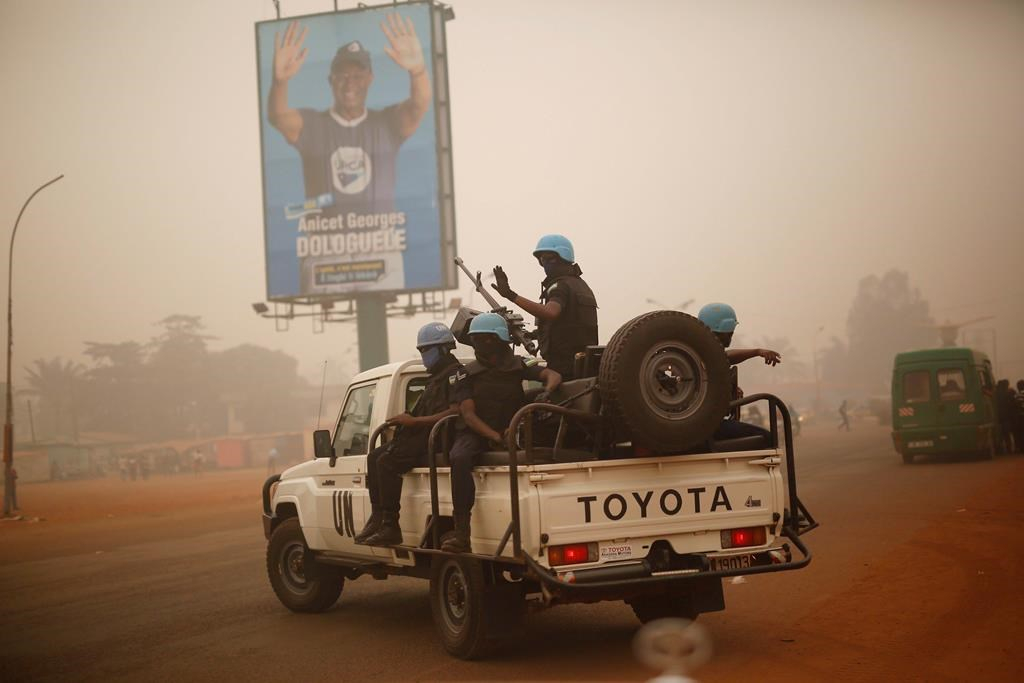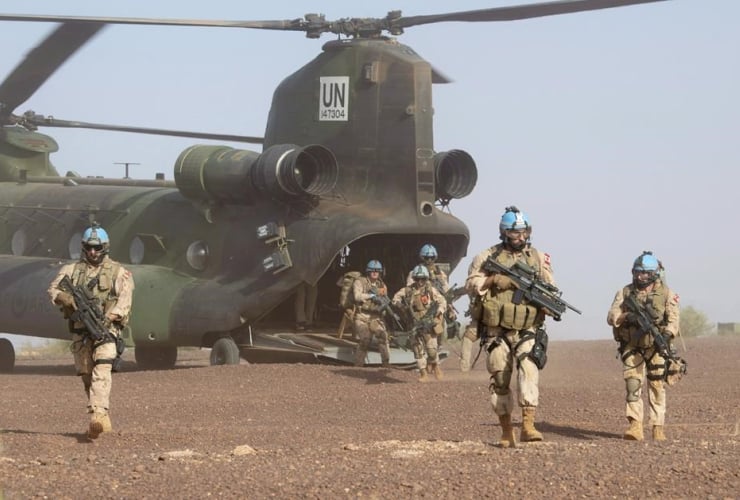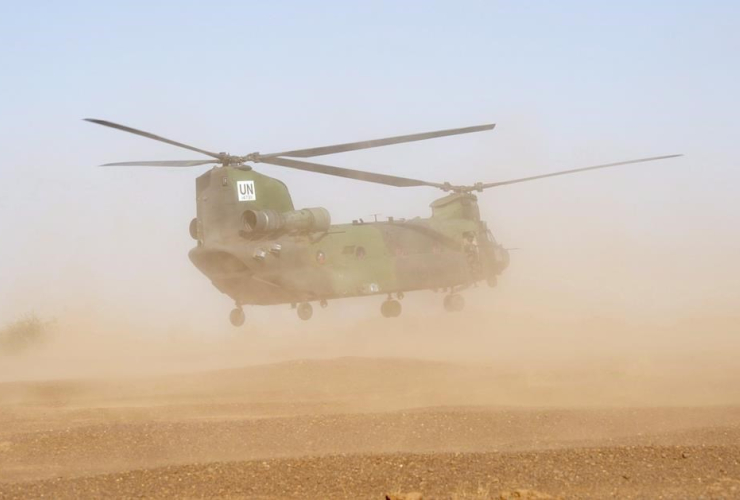Canada is being urged to help plug a US$1-million funding shortfall that would allow the Special Criminal Court for war-ravaged Central African Republic to keep operating.
That request comes with the release of a report on Wednesday by Human Rights Watch, which calls on Canada and several countries to help preserve the underfunded court, which is widely viewed as a key part of the West African country's reconciliation process after years of sectarian violence that started in 2013.
Elise Keppler, the report's author, says there are a number of reasons why Canada should be contributing.
She says Canada's feminist foreign policy makes it a natural fit for helping combat the gender-based violence that has been an ugly feature of the country's ongoing carnage.
Canada has also supplied one of the deputy prosecutors to the special court, which Keppler says is a hybrid institution that has domestic jurisdiction but has international help because CAR's justice system has also been largely destroyed in years of conflict.
The latest United Nations estimate cited more than 60 cases of conflict-related sexual violence involving more than 150 victims between February and June of this year.
Sectarian violence exploded in the country between 2013 and 2016 before a relative peace was restored, but continuing violence is undermining a series of peace agreements.
"Canada has taken an important step by seconding a prosecutor to serve at the Special Criminal Court," Keppler said in an interview from New York.
"We would look to Canada to have an even greater return on that investment by stepping forward to also make a financial contribution to the court so it has the resources it needs to deliver justice for victims in the Central African Republic, where the crimes have included widespread killing, rape and other sexual violence."
Canada has a history of supporting international criminal justice, including a special tribunal for Sierra Leone, another West African country that was plagued by a decade-long civil that ended in 2002, she said.
The CAR's court's annual budget is a modest US$12 million to US$13 million per year, compared with the US$30-million budget for the Sierra Leone court, which was established by the UN, she added.
The Central African Republic is one of the African countries that is often cited as a possible destination for Canadian peacekeepers, but the government has yet to make a decision on where to deploy them.
"Not to say that peacekeeping and prosecutions are at all the same," said Keppler. "Something like peacekeeping is many times more expensive."
Wednesday's report urges CAR to step up its investigations and urgently recruit additional staff so justice can be administered for victims of war crimes and other offences.
Keppler and researchers from her New York-based organization conducted 25 interviews in the CAR capital of Bangui in April with rights defenders, lawyers, and victims. Government officials who work on the court were not available to speak.
"Human-rights defenders and victims expressed strong concerns that vague provisions on justice in a peace accord signed in February could limit the government's co-operation and support to the Special Criminal Court," Human Rights Watch said in a statement accompanying the report's release.
The report also urges Germany, Japan, Switzerland, Norway, Denmark, and Sweden to consider stepping forward with financial support.





Comments